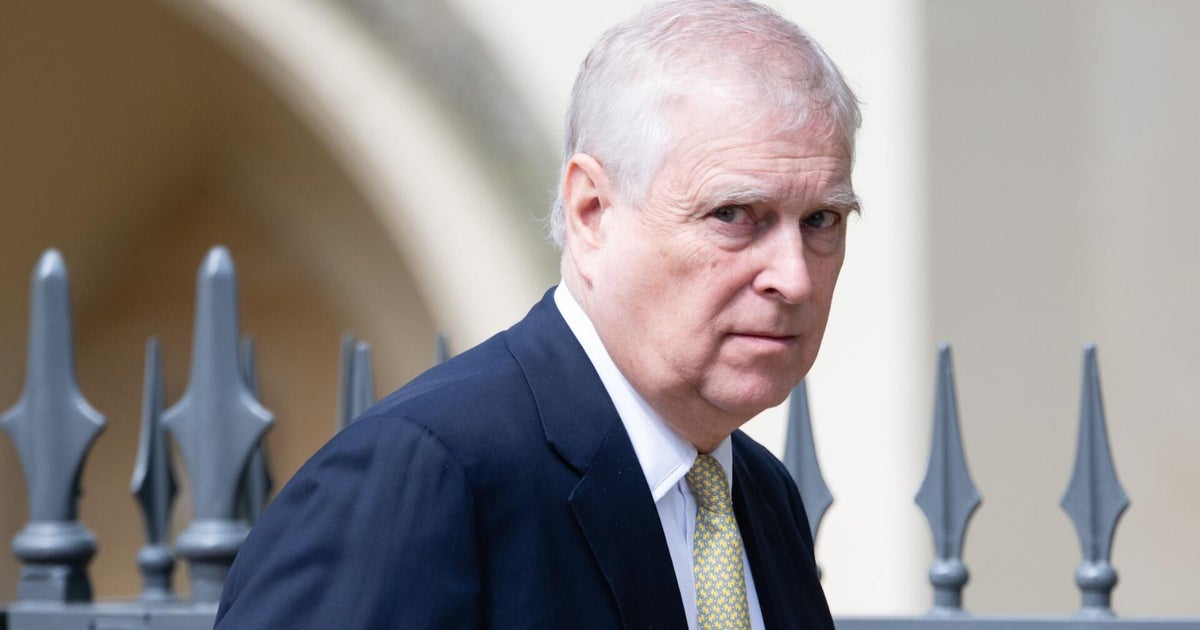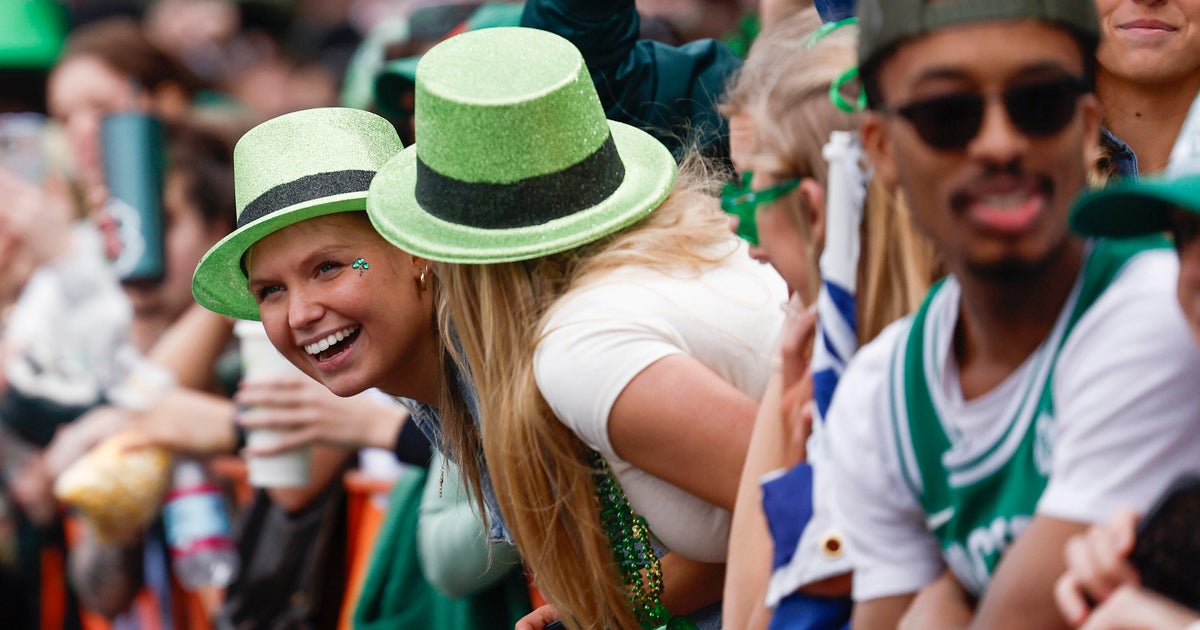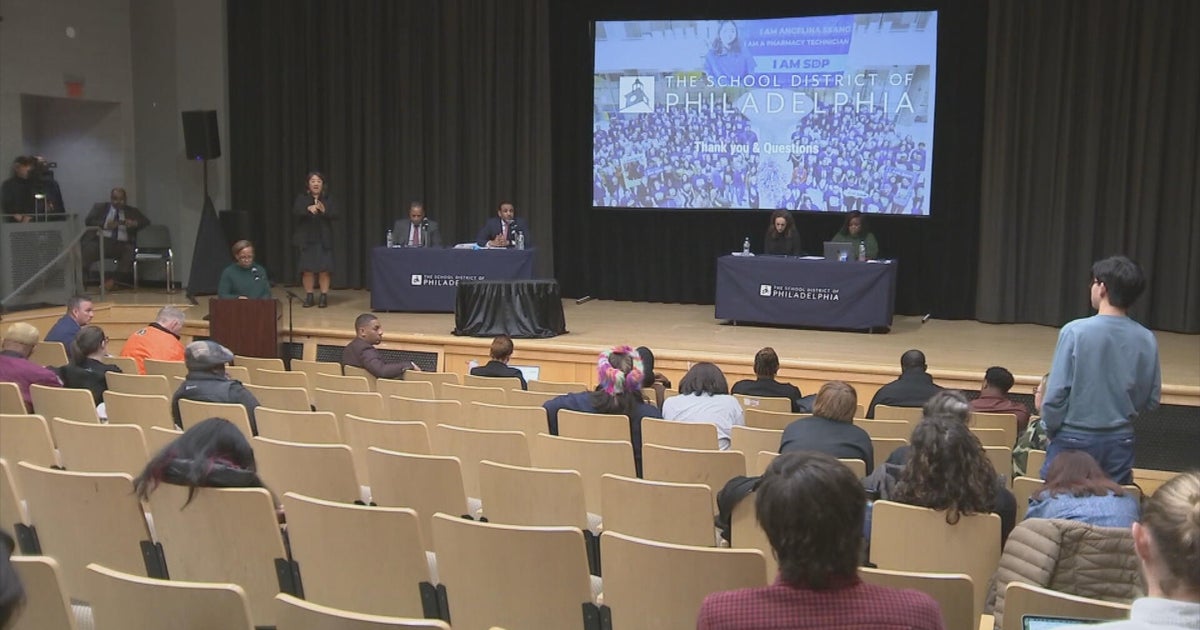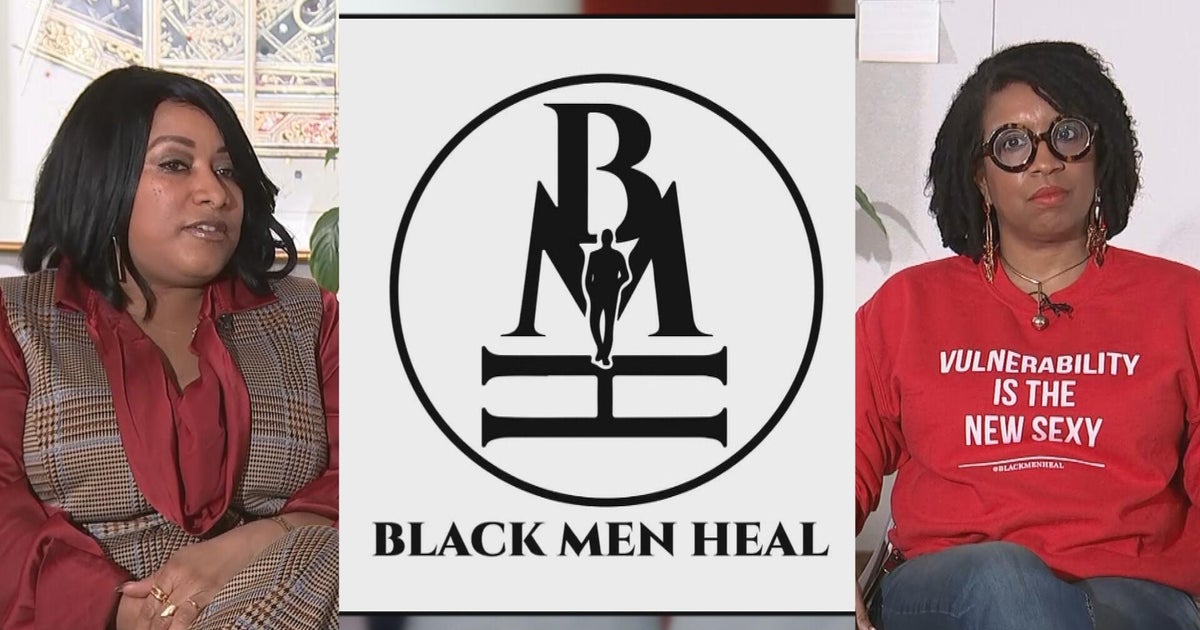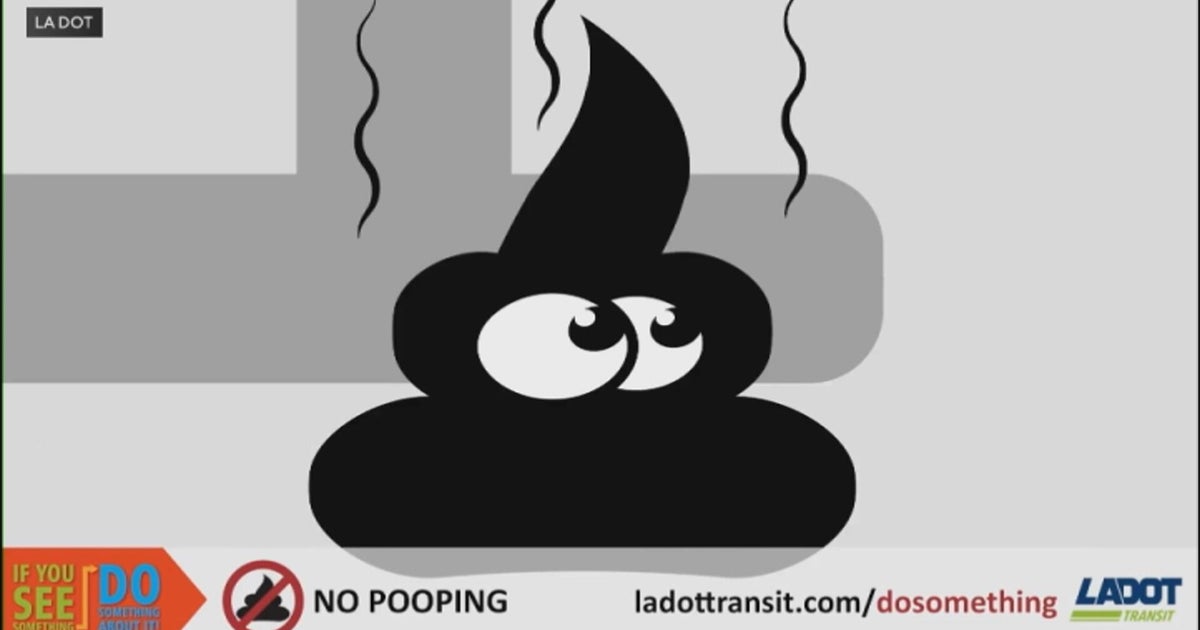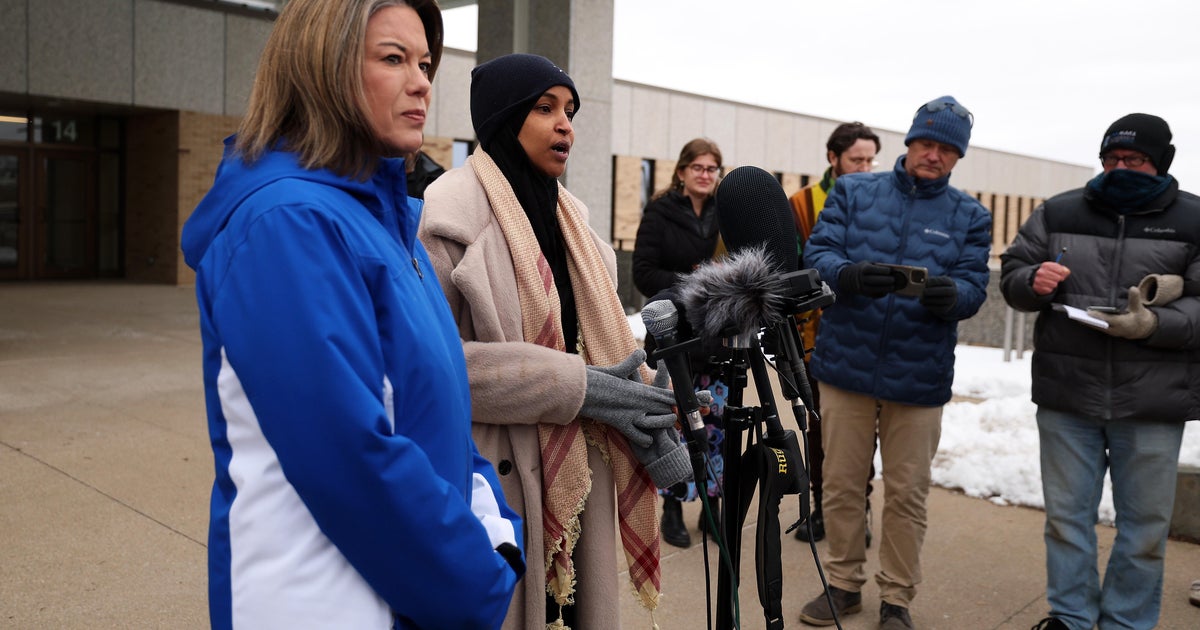Boston's More Diverse, But Racial And Opportunity Gaps Still Exist
BOSTON (CBS) - For all the sensitive issues, perhaps none is more sensitive than race relations, particularly in Boston. Even in 2018, when most people we talked to expressed strong feelings that race relationships have improved in the city, there are glaring opportunity gaps.
The 2017 NAACP Report Card points to racial disparities in economic development, public education, corporate accountability and public safety. The Boston Globe's recent seven-part series exposed the realities of a city that does not afford the same access to jobs, housing and leadership to people of color.
"We're not quite living up to how we actually not only see ourselves, but would like to be," Boston NAACP President Tanisha Sullivan told WBZ-TV. "We still have deep, deep, deep and persistent racial achievement and opportunity gaps."
And yet, the city's population is far more diverse now than it was - certainly 70 years ago - when WBZ went on the air. Back then, Boston was 94-percent white. There were so few Latinos in Boston, the Census Bureau included them in the "white" number. Blacks made up 5-percent of Boston's population and other races made up .3-percent.
In 1984, when WBZ-TV aired an hour-long special entitled, "Boston's Changing Face," the city looked vastly different. The special aired a decade after one of the most tense chapters in Boston's history. In the mid-70's, the court-ordered desegregation of Boston schools led to riots and mistrust. A young black girl who was bused into a white neighborhood told a reporter, "They were throwing eggs at the window and trying to hit people with them."
Web Extra: WBZ Archives: Raw Video 1974 Boston Busing Protests
Police were routinely called to break up violent clashes. Legendary WBZ anchor Liz Walker arrived in Boston in 1980. She says the lingering tension, even years after the busing crisis, challenged the way journalists covered stories.
"There were neighborhoods we couldn't go in as reporters. They told us they didn't want us to go to Charlestown. We couldn't go to South Boston because there was a lot of tension, lots of problems, lots of confrontation," she recalled.
Walker, the first black woman to co-anchor weekday newscasts in Boston, grew to love the city. She now ministers at Roxbury Presbyterian Church and sees a city that looks far more diverse.
In 2018, Boston is 47-percent white. Its black population stands at 22-percent. Latinos make up 17-percent of Boston. And the city is 9-percent Asian with other groups making up the rest. And yet, Boston can't seem to shake its reputation as a racist city.
Comedian and "Saturday Night Live" cast member Michael Che's criticism of Boston as "the most racist city I've ever been to" made Bostonians bristle.
Of the series "Boston. Racism. Image. Reality", Globe columnist Adrian Walker says, "It's the only Spotlight series I think that ever began with a clip from SNL."
What the Spotlight team uncovered - with respect to racial inequities - surprised Walker and his colleagues.
"Everything was a bit worse than I thought it would be. The economic data was worse than I thought it would be," he told WBZ.
Unemployment, for example, is twice as high for blacks and Latinos. Housing discrimination, the Globe found, is a painful reality. And political representation lags behind most - if not all - major cities. The most startling figure may be the net worth of black families versus white families. The median net worth of a black family in Boston is $8. For a white family, it's roughly $247,000.
"It was so jarring to the point that we had to write a second story explaining that the first story wasn't a mistake, and I think everybody was surprised by that one," Walker said.
Web Extra: Walker On Impact Of Spotlight Reports On Race
"We also looked at data in terms of hospitals and higher education and tried to see how much Boston had changed in the last 30 years. And what we found is that, in many different measures, we had not changed very much at all," said Spotlight editor Patty Wen.
What is changing - particularly since the Globe series ran - are the conversations about race.
No longer taboo in many circles, hundreds of groups in Greater Boston have formed organically to talk about the issue and take action.
"We don't want to just talk about race. We want to do something. And we want to find a new way to tackle this old foe," Sullivan said.
She is optimistic conversations, spurred by people, not government entities, will lead to initiatives, programs and solutions that make Boston a more inclusive city for people of color.
"There's something very different about what's happening this time." she says. "People are asking the question, 'How do we come together to support one another? To effectuate change in the spaces we control?' That's powerful. That hasn't happened before."
Wen says people may be less defensive talking about race, in part, because of a new generation of Bostonians for whom busing was a long time ago.
"I found that there are a lot of people that are really open to discussing it and ways to make changes. We just hear about so many organizations using the series as, sort of, a launching pad for discussion. That is obviously something we love hearing," she said.
"I think Boston has grown up. I think there's more diversity in Boston now. I think Boston has exhaled in many ways," Liz Walker said.
We want to hear about your hopes for the future of race relations in Boston. Tell us your story by emailing newstips@wbztv.com.
